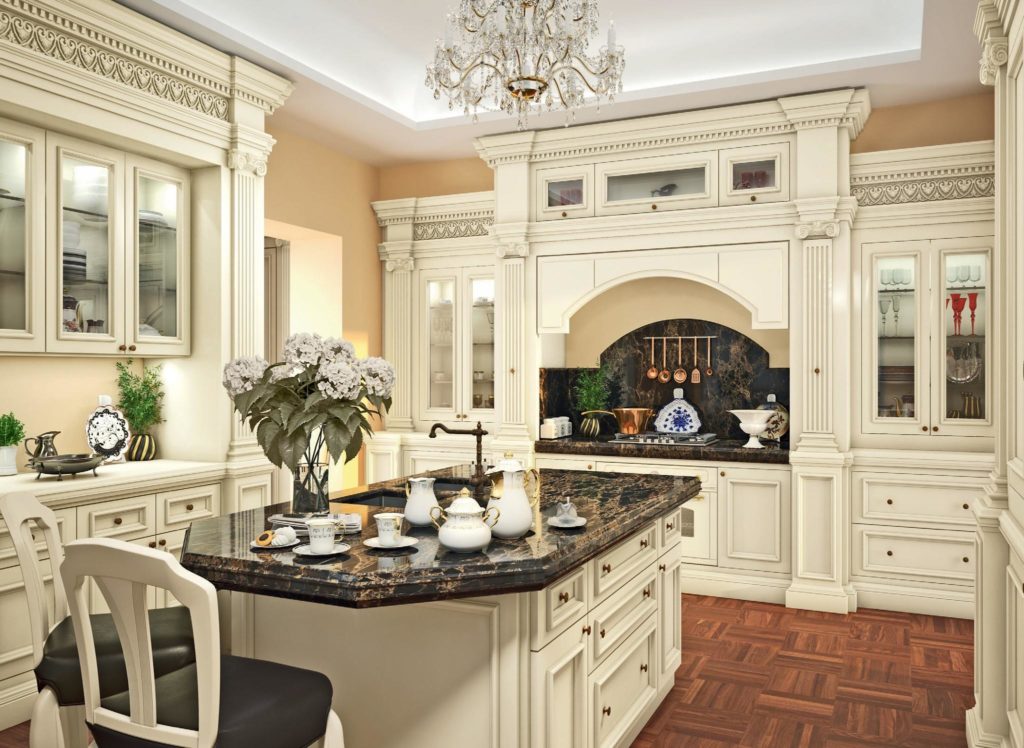In the world of culinary arts, trends come and go, but the allure of classic cookware remains timeless. For home chefs seeking to enhance their culinary skills, investing in quality cookware items can make all the difference. If you're a novice in the kitchen or a seasoned gourmet, adding traditional cookware into your routine not only improves your cooking experience but also connects you with the rich history of culinary arts.
With the sturdy charm of cast iron skillets to the stylish shine of copper pots, classic cookware pieces have proven their value across generations. These tools, often celebrated for their longevity and performance, bring a distinct blend of sentimentality and functionality that modern materials cannot replicate. In this article, we will discover the essential classic cookware pieces that every home chef should have, delve into the reasons why they continue to reign supreme in modern kitchens, and provide tips on how to select and maintain these timeless treasures. Prepare to discover the elegance and practicality of classic cookware, and embark on a cooking journey that honors heritage while celebrating creativity.
A Timeless Appeal of Classic Cookware
Traditional cookware has a unique appeal that goes beyond fads and stands up to the test of time. Unlike contemporary non-stick options that might be tempting for their simplicity, heritage pieces offer a tie to culinary history and artistry. Each piece shares a story, often passed down through ages, and carries with it the food practices of our forebears. The components used in heritage cookware, such as iron, copper, and carbon steel, are lauded for their longevity and ability to boost cooking, making them a staple in kitchens around the world.

The visual appeal of traditional cookware also contributes to its everlasting appeal. classic kitchenware , typically adorned with gorgeous finishes and individual patinas, serve not only as cooking tools but also as ornamental features in the kitchen. They bring character and coziness to any environment, encouraging a sense of nostalgia and inspiring culinary creativity. Displaying these pieces can turn your kitchen into a gallery of culinary art, where each piece reflects a history of both cooking and tradition.
Furthermore, the utility of classic cookware cannot be understated. Skilled cooks and home cooks alike cherish how these materials conduct heat evenly and retain it longer, providing superior cooking results. This quality not only influences taste and texture but also cultivates a deeper insight of the cooking process itself. Traditional cookware invites you to pause, to learn about proper heat control and flavoring, creating an immersive cooking journey that new tools often neglect.
Choosing and Caring for Classic Cookware
As you selecting heritage cookware, think about the materials that fit your culinary approach and preferences. Iron cookware is praised for its heat retention and even cooking, which makes it great for baking and frying. Copper pots and pans offers excellent heat transfer, ideal for sauces that require finesse and chocolate-based dishes. Steel cookware is a adaptable choice that blends the benefits of cast iron with a lighter weight, perfect for those who want a responsive cooking surface. Focus on the craftsmanship of craftsmanship—choose durably crafted pieces that will endure the years.
Looking after classic cookware is crucial to sustain its functionality and longevity. For cast iron, adequate seasoning is crucial; this involves spreading a light coating of oil and heating it to create a non-stick surface. Do not soaking cast iron in water and refrain from applying soap, as it can diminish the seasoning. Enameled cast iron must be washed gently with a soft sponge and is compatible with soapy water. Make sure to dry your pans completely to stop rusting, especially with carbon steel.
Investing time in restoring and reusing vintage cookware can be a rewarding process. Many vintage pieces may need a bit of care, but they often come with personality and heritage. Be on the lookout for signs of wear but focus on those with durable builds. You can clean, season, and revitalize these valuables allow you to benefit from the advantages of traditional cookware while preserving the legacies they carry. By choosing to maintain your cookware properly, you contribute to a sustainable kitchen philosophy that respects tradition while welcoming the present.
Timeless Cookware: A Sustainable Choice
Selecting timeless cookware is not just a nod to tradition; it also fits with eco-friendly living habits. Pieces such as iron cookware, copperware, and carbon steel cookware are built to withstand, reducing the need for regular replacements. Unlike modern nonstick options that may wear out or reduce their effectiveness over time periods, traditional cookware can last decades, if not generations, providing both longevity and value. By investing in these timeless tools, home chefs can significantly cut down on discard, making a responsible choice for both their kitchen and the ecosystem.
Another aspect that enhances the greenness of classic cookware is its ability to be refurbished and reused. Many vintage pieces can be found at charity shops or yard sales, offering a renewed purpose to goods that might otherwise end up in landfills. With a small effort, these items can be restored and made usable again, all while preserving their character and legacy. This habit not only conserves resources but also encourages a deeper appreciation for the skill involved in vintage cookware.
Finally, the functionality of traditional cookware encourages a more eco-friendly cooking approach. These items often offer superior heat retention and spread, which can lead to enhanced energy-efficient cooking. By using cookware that prepares food uniformly and well, home chefs may find they can lower cooking durations and heat, thus conserving energy in the course. In this manner, traditional cookware does not just respect cooking traditions; it also actively contributes to a more sustainable and conscious kitchen setting.
